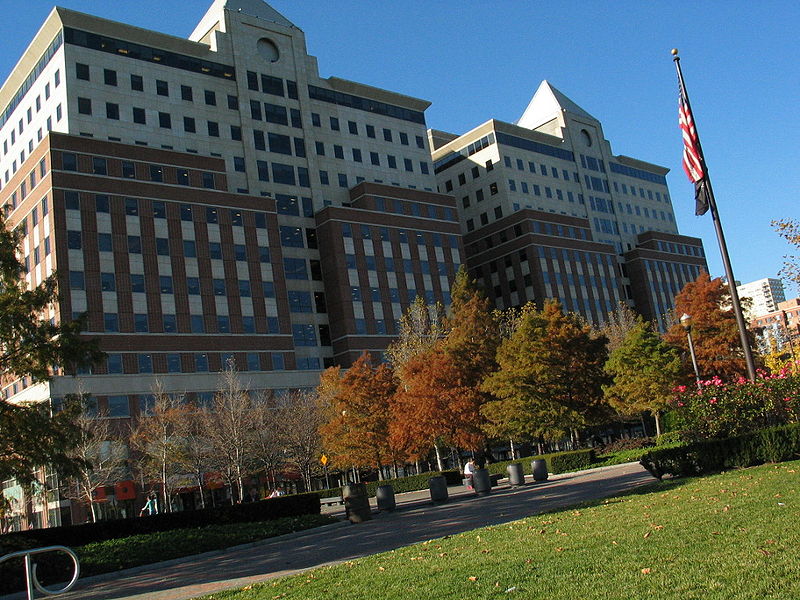Ensuring That Your Holdover Clause Will Not Unnecessarily Harm Your Business
July 8, 2013
 Too many times, commercial tenants consider holdover clauses as one of those lease terms that do not matter, as they will never need to be applied. However, as a commercial tenant, sometimes surprising events can alter your business plans and timetables. In the process, you may find your business in unexpected situations, such as needing to hold over past the end of a lease term. No matter how confident you are that the you’ll never need the holdover clause in your commercial lease, you should nevertheless make certain you read and understand this clause carefully, and work to ensure that the terms of this clause are ones your business can live with.
Too many times, commercial tenants consider holdover clauses as one of those lease terms that do not matter, as they will never need to be applied. However, as a commercial tenant, sometimes surprising events can alter your business plans and timetables. In the process, you may find your business in unexpected situations, such as needing to hold over past the end of a lease term. No matter how confident you are that the you’ll never need the holdover clause in your commercial lease, you should nevertheless make certain you read and understand this clause carefully, and work to ensure that the terms of this clause are ones your business can live with.
It is essential to understand the circumstances that can create a “hold over” situation, which occurs whenever you remain in occupancy after a lease expires. This can occur by remaining after the agreed-upon lease term expires, or after triggering an earlier expiration of the lease. While this holdover clause term may sound like one that exists solely for the benefit of the landlord, both landlords and tenants should negotiate and include them in their commercial leases. Without such a clause, both landlords and tenants would be thrown into legal uncertainty should the tenant choose to remain after the end of the lease. Such uncertainty could force the parties into court and leave the terms of the holdover subject to state law, with the parties risking a statute-dictated result that neither side prefers.
Penalty can double, triple rent amount due
Commercial tenants should be especially mindful, as state law (N.J.S.A. § 2A:42-5) gives landlords the right to double the rent for holdover tenants in some situations, provided that the holdover was willful. Additionally, landlords may seek liquidated damages from holding over tenants and, in one 1998 case, the court assessed those damages at triple the rental rate stated in the lease.
Landlords may seek to include terms that impose the full statutory penalty rate for rent (200%), while reaffirming that the landlord retains all rights it previously enjoyed under the lease, including the right of reentry. More tenant-friendly holdover clauses will state that a holdover creates a month-to-month tenancy arrangement and set the month-to-month rental rate at much lower amounts, typically ranging from 100 to 125% of the rental rate the tenants was paying at the end of the lease. Furthermore, a tenant may consider negotiating a term in the holdover clause that limits imposition of holdover penalties to those situations where the tenant holds over without landlord permission. If the tenant seeks and obtains landlord permission to remain after the end of the lease term, the regular lease terms, including rental rate, would then apply.
Commercial landlords and tenants have much at stake with every term in their lease agreements, even those they hope and plan never to use, such as holdover clauses. To get the best advice and assistance negotiating the terms of your next commercial lease, consult the real estate attorneys at Samuel C. Berger, P.C. Our New Jersey real estate attorneys can help you ensure that all of the clauses and elements of your lease are carefully negotiated and make business sense for you. Reach us online or call (201) 587-1500 or (212) 380-8117.
Blog Posts:
Small Business People Should Beware the Trust Fund Recovery Penalty When Dealing with Payroll Taxes, New York & New Jersey CPA Tax Lawyer Blog, June 7, 2013
Winding Up and Dissolving a New Jersey Business, New York & New Jersey Business Lawyer Blog, April 11, 2013
ICE Fines New Jersey Business Over $600,000 for Immigration Employment Violations, New York & New Jersey Immigration Lawyer Blog, Sept. 21, 2012
 Hackensack, New Jersey Commercial Tenant Attorney Samuel C Berger, PC Home
Hackensack, New Jersey Commercial Tenant Attorney Samuel C Berger, PC Home



